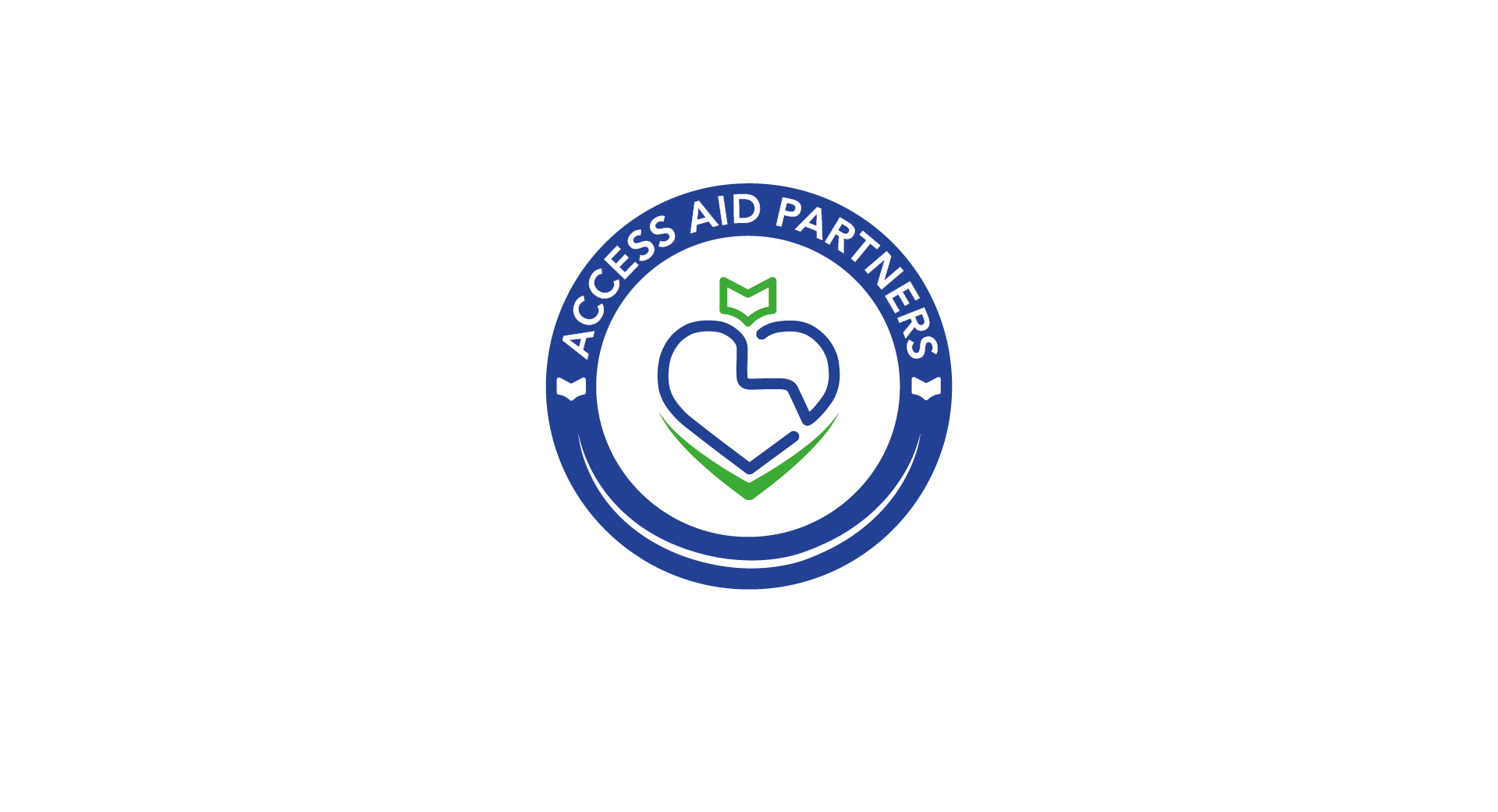Assist Daily Task
#How Supported Independent Living Can Assist with Daily Tasks
Are you or a loved one part of the National Disability Insurance Scheme (NDIS) and looking for support with daily tasks? Supported Independent Living (SIL) is a great option that can provide the assistance you need to live a more fulfilling and independent life. In this article, we will explore how SIL can help with daily tasks and improve your overall quality of life.
##What is Supported Independent Living?
Supported Independent Living is a type of NDIS funding that allows individuals with disabilities to live in a shared home with professional caregivers. Each participant contributes from their NDIS plan towards the services provided by trained caregivers, who offer support and supervision for a variety of tasks. This type of arrangement allows individuals to live independently while still receiving the assistance they need to thrive.
##How Can SIL Assist with Daily Tasks?
###Personal Care
One of the main ways that SIL can assist with daily tasks is through personal care. This includes help with activities such as showering, using the toilet, dressing, and eating. Caregivers can provide support and assistance as needed to ensure that individuals are able to maintain their personal hygiene and health.
###Medication Assistance
Managing medications can be a challenging task for many individuals with disabilities. SIL can provide medication assistance to ensure that medications are taken correctly and on time. Caregivers can help with organizing medications, reminding individuals to take them, and monitoring any side effects or interactions.
###Meal Preparation
Healthy and nutritious meals are essential for overall health and well-being. SIL can help with meal preparation by assisting with planning, shopping for groceries, and cooking meals. Caregivers can also accommodate dietary restrictions and preferences to ensure that individuals are receiving the proper nutrition they need.
###Community Participation
Being part of a shared living arrangement through SIL can also help individuals with disabilities to engage in community activities and socialize with others. Caregivers can provide transportation and support for participating in community events, outings, and gatherings. This can help individuals feel more connected and involved in their community.
###Therapy and Training
Many individuals with disabilities require therapy and training to improve their skills and abilities. SIL can provide access to therapy services such as physical therapy, occupational therapy, and speech therapy. Caregivers can also offer training and support for developing independent living skills, communication skills, and social skills.
##Conclusion
Supported Independent Living can be a valuable resource for individuals with disabilities who need assistance with daily tasks. By living in a shared home with professional caregivers, individuals can receive the support they need to live more independently and enjoy a higher quality of life. If you or a loved one are looking for support with daily tasks, consider exploring SIL as a possible option for meeting your needs.
